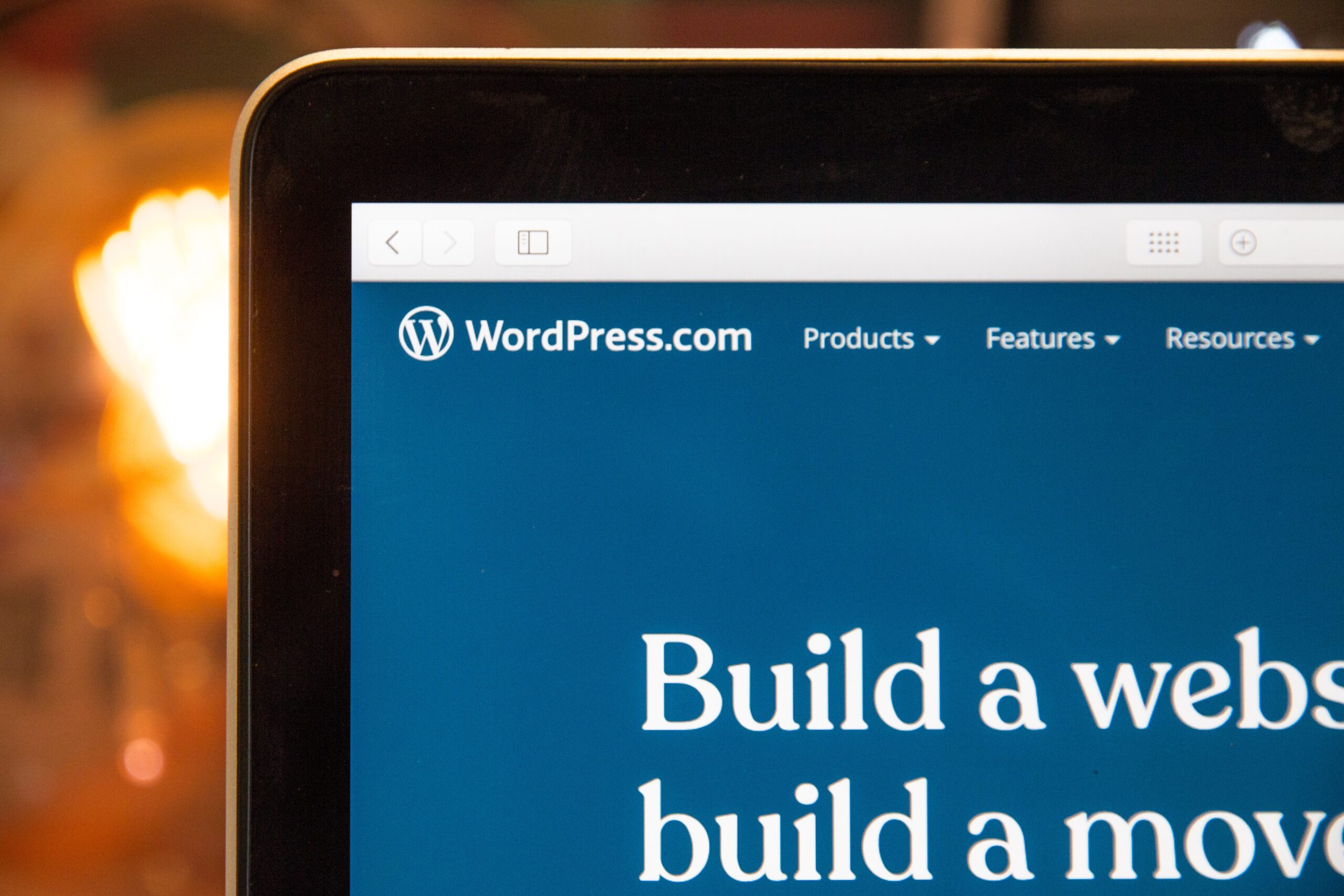Choosing the Right CMS for Your Website: A Comprehensive Guide
Introduction
When it comes to building a website, one of the most important decisions you’ll have to make is choosing the right Content Management System (CMS). A CMS is a software that allows you to create, manage, and modify the content of your website without the need for technical expertise. With so many options available, it can be overwhelming to find the perfect CMS for your needs. In this comprehensive guide, we’ll walk you through the key factors to consider when choosing a CMS for your website.
1. Define Your Website Goals
Before diving into the world of CMS options, it’s crucial to define your website goals. Are you looking to create a simple blog, an e-commerce site, or a corporate website? Understanding your website’s purpose and target audience will help you narrow down your CMS choices.
2. Ease of Use
One of the main advantages of using a CMS is its user-friendly interface. Look for a CMS that offers a intuitive and easy-to-use dashboard, allowing you to manage your website without any coding knowledge. Consider the level of technical expertise you or your team have, and choose a CMS that matches your skill level.
3. Customization Options
Every website is unique, and you’ll want a CMS that allows you to customize your site to reflect your brand identity. Look for a CMS that offers a wide range of themes, templates, and plugins that can be easily customized to suit your needs. Additionally, consider the flexibility of the CMS in terms of design and layout.
4. Scalability
As your website grows, you’ll need a CMS that can handle the increased traffic and content. Look for a CMS that offers scalability, allowing you to easily add new pages, features, and functionalities without compromising the performance of your site.
5. SEO-Friendliness
A CMS that is SEO-friendly can significantly impact your website’s visibility in search engine results. Look for a CMS that offers built-in SEO features such as customizable URLs, meta tags, and sitemaps. Additionally, consider the CMS’s performance in terms of page load speed, mobile responsiveness, and security.
Conclusion
Choosing the right CMS for your website is a crucial decision that can impact your online presence and success. By considering factors such as your website goals, ease of use, customization options, scalability, and SEO-friendliness, you can make an informed choice. Take your time to research and test different CMS options before making a final decision. Remember, the right CMS will empower you to create and manage a website that meets your unique needs and goals.


